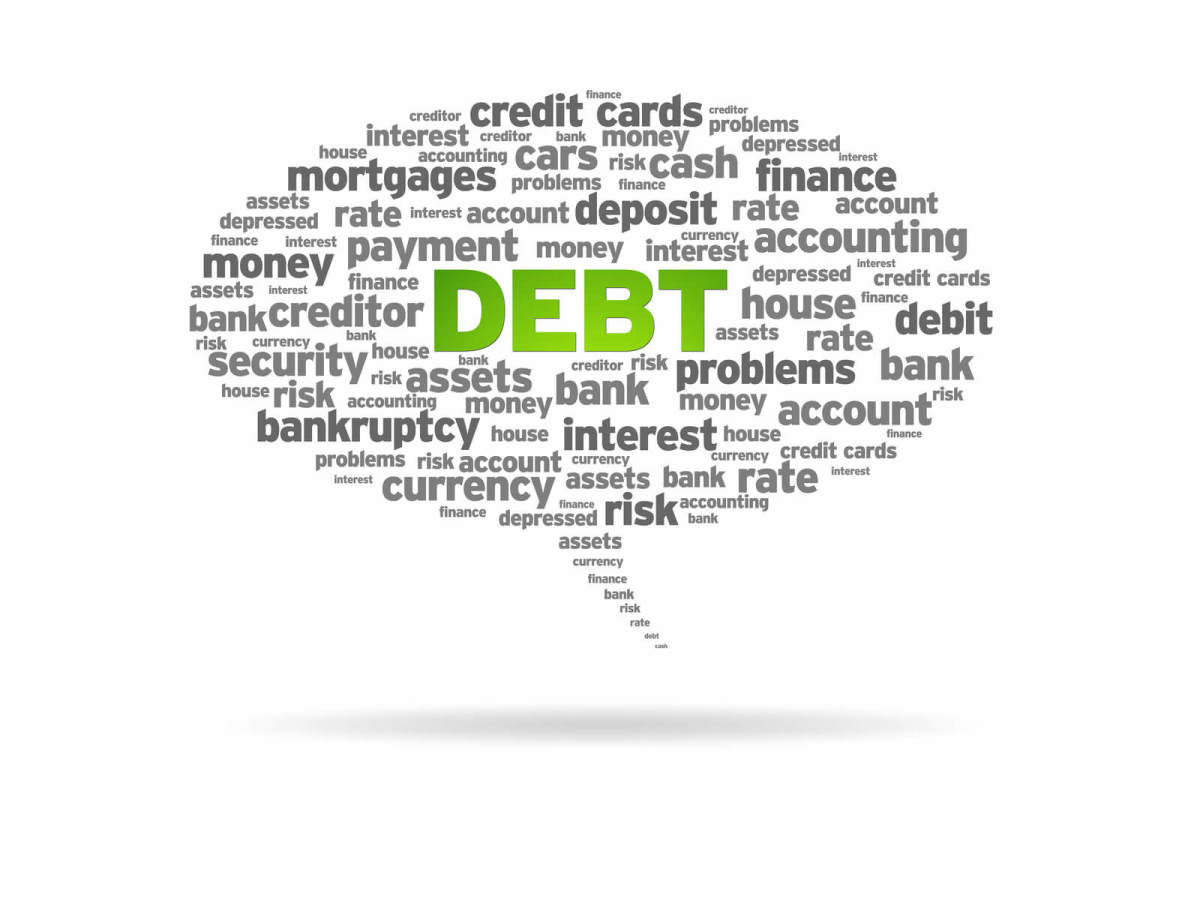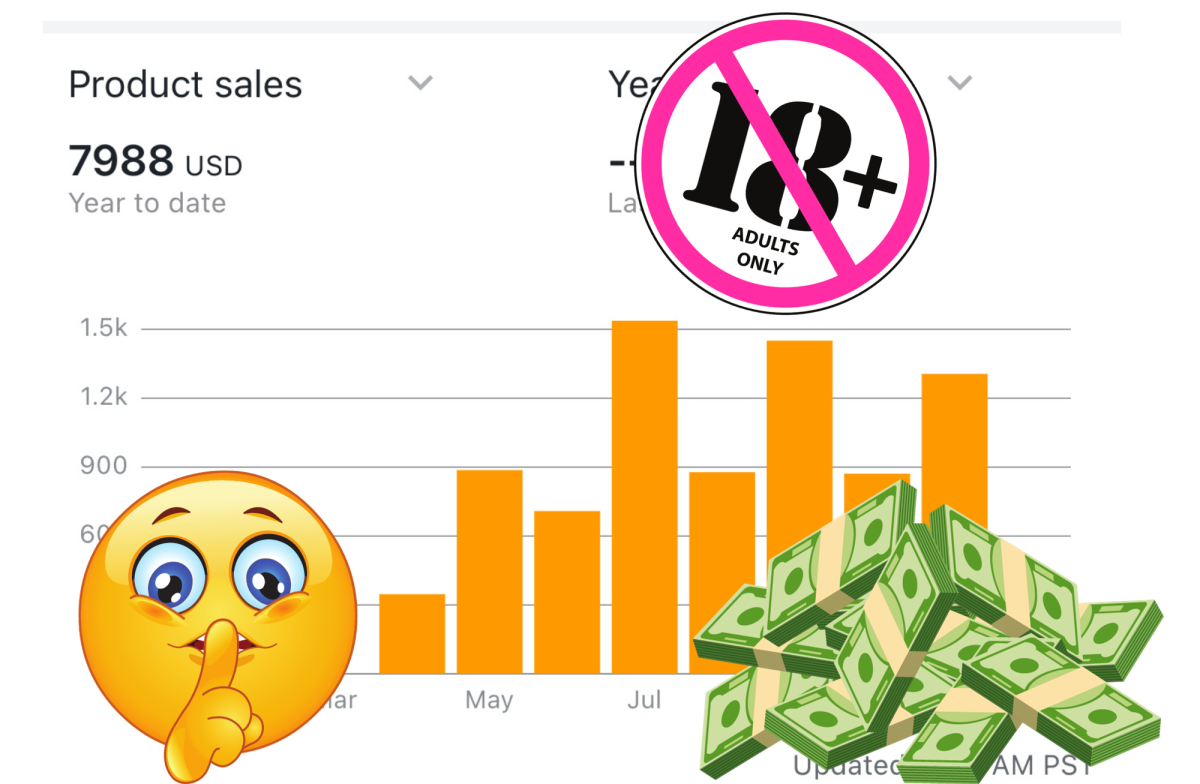Bankruptcy Understanding The Basics

Understanding Bankruptcy
How many articles have you read recently that begin with in today's economy?
The fact is that a lot of issues revolve or are related to today's economy.
It seems like all aspects of our lives have been touched by the financial climate. Bankruptcy is one of those nasty words that have started to once again show its ugly head. So let's just talk about it.
Disclaimer: This information is general in nature and is not to be considered legal advice. Please consult a professional before acting on any bankruptcy proceedings.

All About Bankruptcy
People want to know if bankruptcy will help them or hurt them.
This is not a question that has a blanket answer.
Instead, it's an issue that has to be answered on a case-to-case basis. How you respond to this question depends on what you have to lose or maybe what you have to save.
Bankruptcy can follow you your whole life no matter what they say about how long it stays on your record. This must also be factored into helping you answer this tough question.
Once you have answered that underlying issue, you will find that you have just opened the book to a whole list of others especially if you decide to file. The most basic of those is what type of bankruptcy you will file.
Again, you have to decide what you have to lose and what you have to keep before this can be answered. It also depends on whether it is a business or personal bankruptcy.
Knowing what you are willing to sell can help you decide the form of personal bankruptcy that you are prepared to file. If you are a business, the type of bankruptcy that you file for depends on what type of business that you have.
There are certain chapters of bankruptcy that are reserved for individual business. For example, chapter 12 is for farmers and fishers only.
When filing personally, you must decide what assets that you are willing to liquidate. Even if you are not required to liquidate all your assets, the more you can pay the creditors by liquidating, the smaller the debt that you would have to pay back.
Bankruptcy is not a quick fix solution. It is something that should be seriously considered. Even though it is slated to being something that gives people and business a fresh start, it doesn't exactly work like that. It can be a big cloud that hangs over you for years to come. However, depending on your situation it can also save you from complete financial devastation and the obliteration of everything that you own. Choose wisely.
Many online and local bankruptcy consultants can assist you through the decision process. When in doubt, ask a tonne of questions because you want to be well informed before making such a radical choice.
Choosing to declare bankruptcy can have lifelong effects on your credit and your personal life, so you want to make the right decision. Many of these consultants are lawyers and know the law in this particular area very well. It is recommended to get a few different opinions before making your final decision.

The Different Types of Bankruptcy
When it comes to bankruptcy, there is more than one type that you can file for. Bankruptcies are a federal court process and are sometimes referred to as liquidations or reorganisations.
The law makes four different types of bankruptcies available to its citizens. All of them are classified as numbers. There is the chapter 7 bankruptcy, the chapter 11, the chapter 12 and the chapter 13.
Of these, the majority of people file for either a chapter 7 or chapter 13.
Let us take a look at each one of these.
Chapter 7 Bankruptcy
A chapter 7 bankruptcy is often thought of as being a straight bankruptcy or liquidation. If you own property that is not exempt from bankruptcy according to your state's laws, then it must be taken from your possession (liquidated) and sold. The money earned from the sale is then paid to your creditors.
Individuals can file for a chapter 7 bankruptcy. This is known as a consumer chapter 7 bankruptcy. Businesses also have this option as well. Both a consumer as well as a business chapter 7 bankruptcy last anywhere from three to six months.
If you wish to keep your property such as your house and your vehicle, then a chapter 7 bankruptcy is not the best choice for you.
Chapter 13 Bankruptcy
Sometimes referred to as debt adjustment, a chapter 13 bankruptcy is such that the debtor must come up with a plan to pay back all (or the majority of) their debts over a period of three to five years. This is done by way of monthly payments to creditors.
One of the most favoured methods when it comes to bankruptcy as the debtor does not have to give up any of his or her property. It is important to note that to file for chapter 13 bankruptcy you must have a reliable form of income that will enable you to honour the repayment plan that is set up.
Chapter 11 Bankruptcy
Also known as reorganisation, a chapter 11 bankruptcy is most often undertaken by businesses (and occasionally individuals) who are struggling financially. This type of bankruptcy is expensive and involves a considerable time commitment. It is sought out by those whose debts are more than what is permitted for a chapter 13 bankruptcy or who are in possession of some non-exempt assets, such as real estate for example. If you are considering this form of bankruptcy, then you should consult with a lawyer right away.
Chapter 12 Bankruptcy
Chapter 12 bankruptcy is very similar to chapter 13 bankruptcy, but it is for family farmers who have found themselves in financial trouble. To be eligible for this form of bankruptcy, approximately 80 percent of your debts must have arisen because of your farm.
Due to the large deficits that often come with owning and operating a family farm, the debtor is given more power with this type of bankruptcy to get rid of such things as liens on his or her property.
The chapter 12 bankruptcy is not used very often. However, if you run a farm and are having money concerns, then you should speak to a lawyer to decide if this form of bankruptcy is right for you.

A Look at Chapter 7 and Chapter 13
If you choose to file for a chapter 7 bankruptcy, then you are taking the liquidation route.
The majority of your assets must get sold and the money given to your creditors. On the other hand, if you choose to file for chapter 13 bankruptcy then you are choosing to go with the adjustment of debts (also known as reorganisation).
In this instance, you do not have to relinquish your assets, but you do have to make enough money to satisfy a monthly payment arrangement whereby you will be expected to pay back all or most of your debts over a period of three to five years.
Both the chapter 7 and 13 bankruptcies have their own sets of rules and exceptions. Here we take a look at both kinds of bankruptcies which are the most common throughout the United States.
Chapter 7 Bankruptcy
Both individuals and businesses are permitted to file for chapter 7 bankruptcies in the United States. In most cases, this type of bankruptcy takes place over a period of three to six months. Some of your assets will need to be sold to pay off a portion of your debts.
Anything that is deemed exempt based on state or federal laws you will be able to keep. This could be anything from your old car to your computer to your clothes and household items. The less you have, the less you will have to give up. What you will get for doing this is that your unsecured debts will be written off.
Some secured debts are erased with a chapter 7 bankruptcy, but most are not. If you have a secured debt such as a car lend you have three choices- you can let the car be repossessed; you can continue to make your regular payments if it is permitted, or you can make a lump sum payment to the creditor.
Please note that if you make enough money to afford a repayment plan under a chapter 13 bankruptcy, then you will not be permitted to apply for chapter 7 bankruptcy.
Chapter 13 Bankruptcy
A chapter 13 bankruptcy has many different names, but one of the most common is the wage earner bankruptcy. It is called this because your income must be high enough to make it possible for you to make monthly payments to creditors over a specified number of years.
When you file for this type of bankruptcy, as the debtor you must propose a plan to make payments that would work for both yourself and your creditors. The plan must be one that can get paid over a period of three to five years.
The minimum amount of money that you will be required to pay back will be contingent upon how much you presently owe as well as how much money you earn. Another thing the court will consider is the amount of money your creditors would have gotten from you if you had filed for a chapter 7 bankruptcy instead.
There are debt limits when it comes to a chapter 13 bankruptcy. The debts you owe must be within a certain limit according to the federal government for you to qualify. Your secured debt cannot exceed $1,010,650 while your unsecured debt cannot be any more than $336,900.

Bankruptcy Myths and Truths
Getting The Right Information Can Take Away The Fear And Frustration
Some people hesitate to file for bankruptcy because of all of the myths that surround doing so.
If you are one of those people that believe it is right for you but still hesitates, then you need to separate the myths from the truths regarding this financial issue. Read on.
Everyone will know about my bankruptcy.
Many people fear public humiliation if they file for bankruptcy because they wrongly assume that it will be published in the newspaper or that their family members and employees will be contacted and told. This is simply not the case.
The only exception to this rule is people of prominence who are constantly thrust into the public eye. It is important to note however that when you file for bankruptcy, it's a civil legal proceeding.
A chapter 7 bankruptcy will wipe the debt slate clean.
Some debts will be gone thanks to a chapter 7 bankruptcy but not all debts. Some examples of debts that you are still expected to pay under the law include child support, alimony and student loans. As well, any debts that you presently have that are connected to fraudulent activities still must be paid.
Everything I have will be taken from me.
Many people think that filing for bankruptcy means that someone is going to come in and take everything away from there- regardless of how big or small it is- and that they will have to start from scratch.
Bankruptcy does not mean that you will be out on the street living in a cardboard box. Be aware that the laws for bankruptcy are different from state to state; however, every state has exemptions in place that protect specific assets from being seized when an individual files for bankruptcy.
Some examples of these assets include your home, your vehicle (this is based on the present value of it), your clothing, household belongings and money that has been saved in certain types of retirement plans.
No one will ever extend me credit in the future.
Bankruptcy does place a black mark on your credit history that can remain that way for up to a ten year period. The good news is that you will still be able to apply for credit and your chances of getting credit are within your reach. The bad news is that the credit card offers you receive will come from lenders who will charge you interest rates that will be high.
Be aware that you are not likely to qualify for an unsecured credit card until you have established that you are committed to paying all of your bills on time.
Could take some time.
What you should do is apply for a secured credit card which means that you provide the funds that you use to borrow from. Use the card once in a while and pay the total amount back right away.
After a year or thereabouts, approach the credit card company about applying for an unsecured credit card. Don't despair if they do decline your application. Continue to demonstrate to them that you are a responsible and trustworthy credit cardholder. Give it six to eight months and then try again.

Telltale Signs of Financial Trouble
Are you heading into uncertain financial terrain?
Do you have creditors calling you day and night and demanding money that you cannot afford to pay?
Are you borrowing money from family members and friends with no clear cut plan for paying them back?
If either of these scenarios describes your situation, then you are heading into financial trouble. There are many signs that your financial situation is no longer within your control.
Read on to find out what they are, and more importantly, if they sound very familiar to you.
Credit Card Payments
If you find yourself only making minimum payments on your credit card(s), then you are heading into problems. The more credit cards you have, the bigger the worry. Credit card companies are notorious for charging high-interest rates.
Department store cards tend to be the worse. Paying only the minimum can mean it will take you a long time to pay off what you owe. In the meantime, the interest keeps accumulating.
Speaking of credit cards, if you are obtaining a cash advance on one card to pay another, then this means that your cash flow is not what it should be. You need to look at other options for repayment.
Also, if you are always charging up your cards to the maximum and not paying them off in full every month and if you find yourself missing payments altogether.
Savings and Retirement
Everyone needs savings, regardless of how much money they earn. Savings provide a cushion if life suddenly takes a down turn. If you are not presently saving money, then start right now.
Not having savings can cause your financial troubles to get even worse if disaster strikes. Retirement savings is also necessary. If you don't have any, then look into starting a retirement account as soon as possible.
This money is your security after all, and it is essential. The sooner you begin to make it a priority the better.
Problems In Your Personal Life and at Work
If you have been arguing with your spouse about money and it is starting to cause serious problems in your marriage, then you know that your financial situation has begun to spiral out of control. You don't want to risk losing your family over money problems.
It is important that as a couple you learn to discuss money issues openly and honestly. Communicating effectively about money can help keep your marriage on an even keel.
In the same way, if money worries are keeping you awake at night because you don't know how you are going to pay this bill or that bill then you are in trouble and need help. Your work can also be affected adversely if your money worries have become excessive.
If you are finding it difficult to focus and concentrate on your job tasks, this can negatively affect your work performance. Losing your job is the last thing you need to worry about if you already have financial woes.
Payday Loans
If you are borrowing money from finance companies or taking out payday loans on a regular basis, then you are not helping yourself in the long run because the interest rates charged on these debts are extremely high. You need to look at solutions for your money problems before you dig yourself an even bigger trench.
Lack Of Budgeting
You need to have a plan for your money, whether it be on a monthly, weekly or bi-weekly basis. If you don't, then you will find it difficult to pay your bills on time, and your spending will be all over the place and have no sense of order.
Can spell disaster for your finances.
Resources On Amazon To Help You Through Bankruptcy Issues
You need to remember you are not alone when it comes to filing for bankruptcy there is help available to you. You the resources below to make a start at changing your circumstances.
Declaring Bankruptcy can be a very trying time in your life, if you are finding yourself in a tough situation with your finances let us know and post your comments so we can hear you story.









